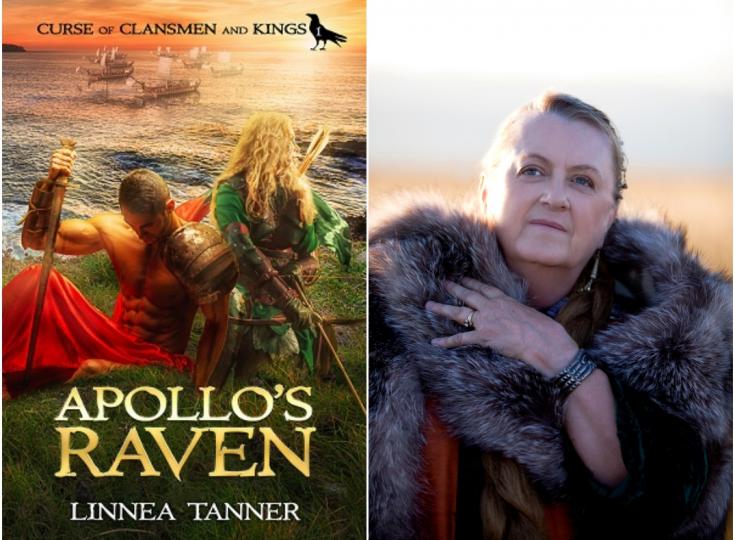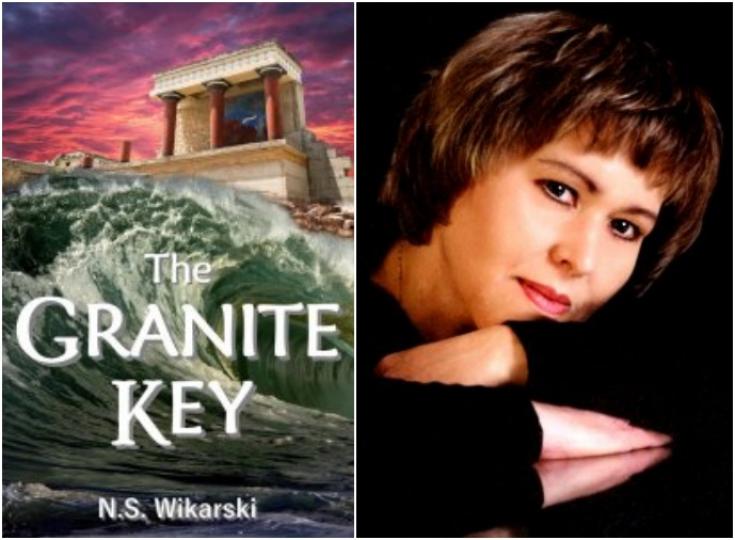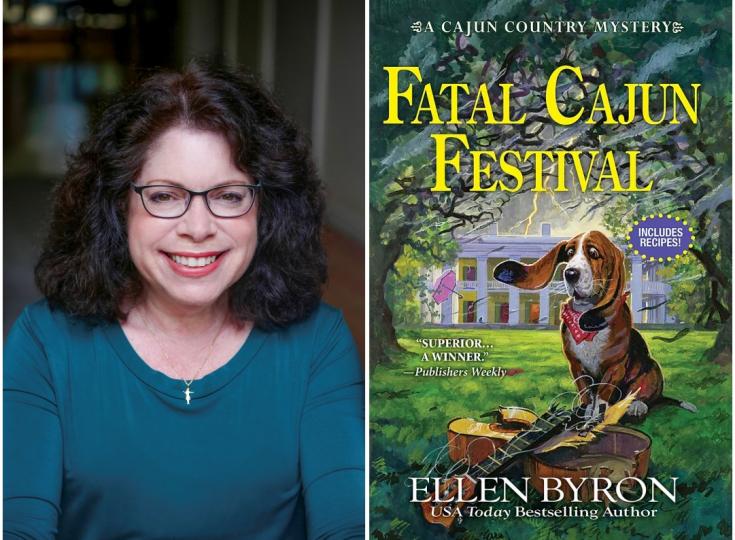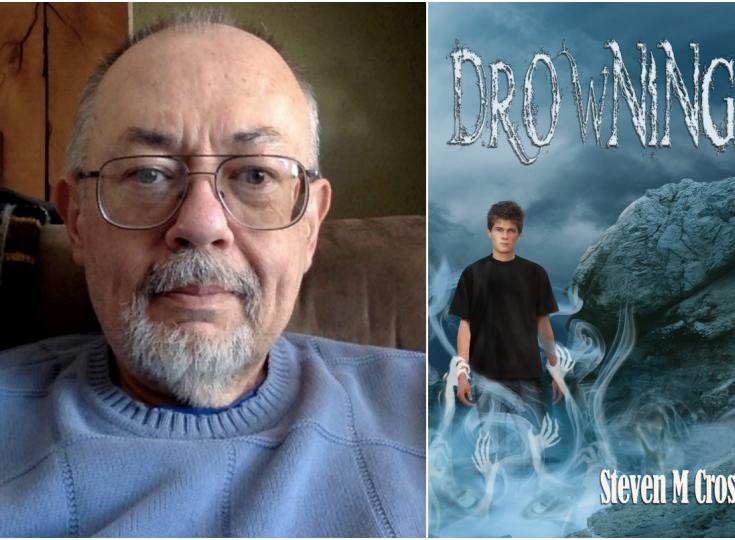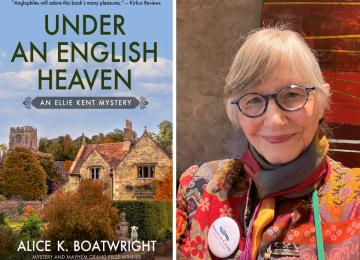Ted Clifton - Telling Stories About People

Ted Clifton is a man of many talents, including investment banking, entrepreneurship and art. He eventually also developed his writing craft and the result is The Bootlegger’s Legacy, a gritty tale set in the early 1950s. Today we talk to Clifton about discovering his passion for writing, his knack for vivid character descriptions, and what it is that drew him to the story.
Please give us a short introduction to The Bootlegger's Legacy
When an old-time bootlegger dies and leaves his son Mike a cryptic letter hinting at millions in hidden cash, Mike and his friend Joe embark on a journey that takes them through three states and 50 years of history. What they find goes beyond money and transforms them both. It all starts with a key, embossed with the letters CB, and a cryptic reference to Deep Deuce, a neighborhood once filled with hot jazz and gangs of bootleggers. Out of those threads is woven a tapestry of history, romance, drama, and mystery; connecting two generations and two families in the adventure of a lifetime.
How did you incorporate your own personal experiences into The Bootlegger's Legacy?
When I was very young living in Oklahoma City, I remember the neighborhood kids talking about a bootlegger who lived one street over from my house. Not real sure I knew what a bootlegger was, but it seemed very mysterious and dangerous. A mystery man doing secretive things—right in my own neighborhood—left an impression that I never forgot.
What kind of research did you have to do for the book?
Researched on several web sites related to bootlegging in general and Oklahoma in particular. Did extensive research on the Deep Deuce area of downtown Oklahoma City from books about the area and about the bands that played in the clubs located there. I had personally visited the area many times and had gone to one of the last nightclubs in that part of town when I was in High School.
What fascinates you about the 1950s?
In many ways the time seems simpler and yet it was so full of promise for the future. I experienced most of my teen years in the fifties and it felt like everyone expected the future to be filled with great things. It was a good time to be a kid.
What made you decide to use such a gritty approach for your writing in this book?
My goal was to tell a story about people. Some good ones and some bad ones. Many of the characters in this book are definitely “gritty” and the language they use is part of their character. This book has bootleggers, gangsters, drug dealers and of course some nice people. Even the nice people, under stress, can be very expressive.
When did you discover your passion for writing?
My passion for creative activity had always been painting. Late in life I decided, without much forethought, that I wanted to write a book. What I discovered was that it was a lot harder than it seemed. That book was not much of a success—for me or the reader. But that formed my passion. I spent more time developing my craft and some years later wrote my second book “The Bootlegger’s Legacy”. I hope it is a little better.
What was the biggest challenge while writing this book?
I liked these characters a lot. Keeping the story focused and not drifting off into their personalities too much was a challenge.
The Bootlegger's Legacy is filled with unexpected twists and turns. Did you have everything planned out from the start or did you come up with new ideas as the story progressed?
A little bit of both. I work from a rough outline—but find that I am constantly changing it. As I write it seems like the characters themselves start to drive the story and things change from what I had planned at the beginning.
You have a knack for very vivid character descriptions, which is something that many authors struggle with. Do you think your talent in this area stems from observing people closer or does it just come naturally do you?
As a reader, I liked stories that featured characters who have many facets to who they are—I want to get to know vivid characters in the books I read. As an author, I want the same. I want the characters to be complex and real; and occasionally act out of character when under difficult or unusual circumstances. Also I want them to grow and become more interesting as the story develops. That is probably based on observing people and finding them interesting more than natural talent.
Lots of stories leave it up to readers to decide what happened to the characters after the final page, but you include an epilogue. What made you choose this option?
It does not fit all books, but for this book I think I needed to close out the characters. The story line was done, but it still felt like there needed to be more closure on these people. It also gave me an opportunity to stick in a few things that had not fit in the main book. Matter of fact, in many ways the epilogue is my favorite part of the book.
When you started this book, was it the time period or the ideas for the characters that drew you to it?
The characters drove the story. The book was going to be about a couple of guys I had known who got involved in some misadventures trying to find money sources for a struggling business. As I wrote, the idea of going back in time to the 50s came to me. The time period became more important to me as I wrote because of the characters that came from that portion of the book. There is no doubt that one of those characters was my most endearing in the whole book.
Talk to us a bit about your writing habits. Do you write early in the morning, or through the night? Pen or laptop?
I use a laptop. My most productive sessions do seem to be early in the morning, but I will write at various times during the day.
Are you working on any new writing projects at present?
I am working on the third book in a new series—Pacheco and Chino Mystery. These stories feature Ray Pacheco the sheriff of Dona Ana County first introduced in The Bootlegger’s Legacy. The first book in this series is Dog Gone Lies and just recently released Sky High Stakes is the second.
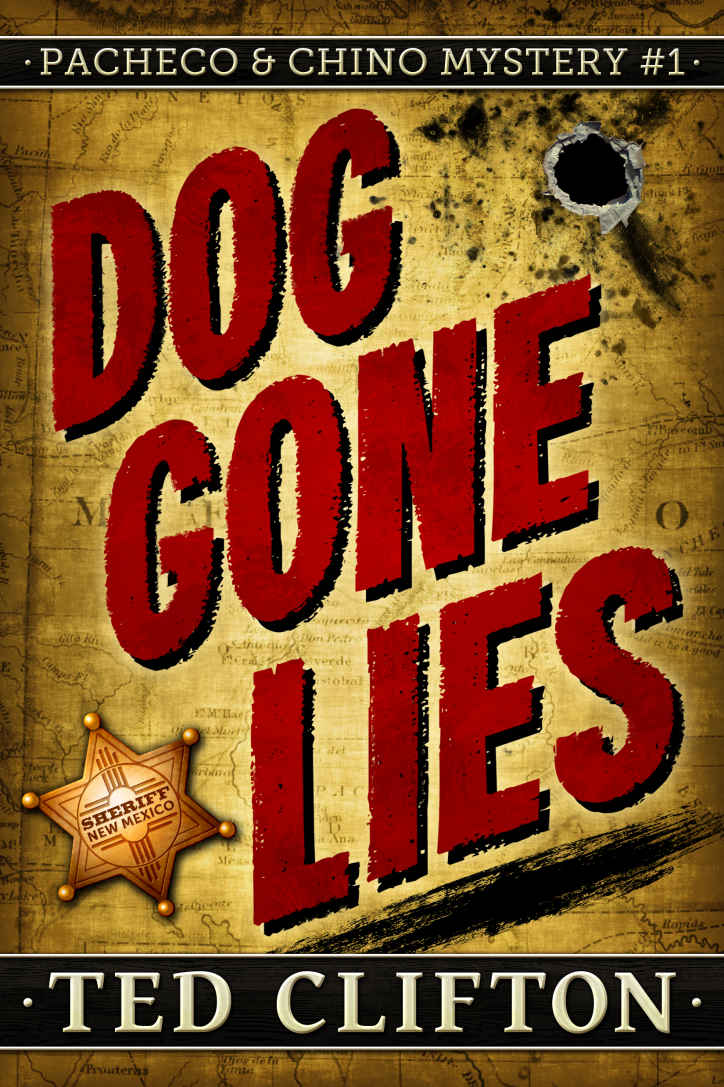
Where is the best place for readers to discover more of your work or interact with you?
I have a website www.tedclifton.com and can be reached by email; [email protected].
